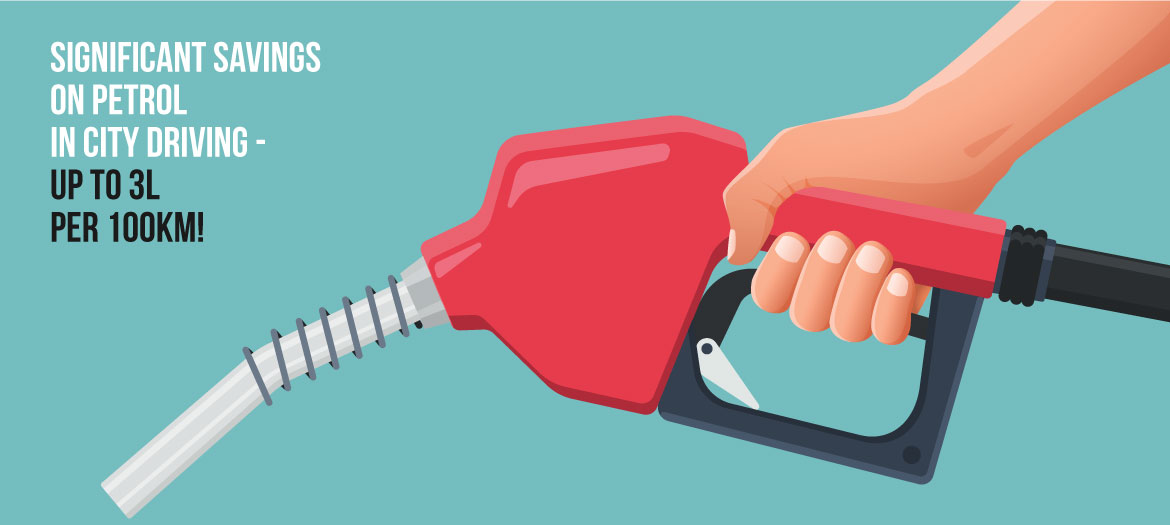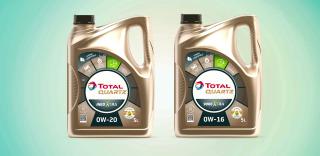Myths about hybrid cars

Hybrid vehicles are those that, beside a conventional diesel or (more often) petrol engine, also have an electric one, together with rechargeable batteries. Strictly by definition, these are vehicles that use “two or more sources of power”.
Sounds so modern and in line with current widely accepted trends, right? But if we told you that the first hybrid car (that combined an electric and a petrol engine) was designed 120 years ago, by a then anonymous 23-year-old engineer by the name of Ferdinand Porsche? Surprised? So were we.
A tradition that long presents a fertile ground for many myths and legends. In this case, they began to arise in the last couple of decades, since the release of the first commercially available model of a hybrid car.
An Average Driver’s Review
Average Driver - an average member of the team that worked on this article
A.D. (Average Driver) - Maintenaning a hybrid car is a rip-off!
Servicing a hybrid car is more expensive, but then again, there are less breakdowns, and the warranty on parts is longer. Electrical components are quite reliable and normally less prone to malfunctions than their mechanical counterparts. The electric engine is practically perpetual - it will last for the lifetime of the vehicle. The warranty on parts that go with an electrically powered vehicle is longer than that on regular parts, and it’s usually 5 years.

Believe it or not: A taxi driver worked the streets of Vancouver for over 7 years, driving over 1.5 million kilometres in his hybrid cab! He changed the first set of front brake pads after 300,000 km, while the rear ones served him for over half a million kilometres!
A.D. (Average Driver) - Oh, yeah? And what about changing the battery!?
In most cases, the warranty on the battery by far exceeds the declared expiration date. The warranty on the battery is generally longer than that on the entire vehicle, i.e. the regular engine. Usually, we are talking about 8 years or 160,000 km. However, more often than not, it can be double, while 50% plus is something that can be expected (consult he dealer or independent sources about the statistical average).
A.D. (Average Driver) - But I’d still be polluting the environment, right?
The main motives for developing hybrid vehicles are ecological. We are talking about reducing gases that pollute the air, primarily greenhouse gases and carbon dioxide (CO2). Today’s family hybrid cars achieve low gas emission values, most often 60-70% lower than that of conventional cars.
Fuel consumption is usually lower, or at least the same as with standard cars, even in comparison with diesel engines. Hybrid cars that use petrol make the biggest savings in city traffic where fuel consumption can by (only) 3 litres per 100 km.

Are you in for a small digression, or better say, a theory?
A.D. (Average Driver) - Well then, let’s hear your theory...
From an ecological perspective, hybrid vehicles can be more eco-friendly than 100% electric vehicles, primarily those that are being charged from an electrical grid. Of course, in traffic, fully electrical vehicles have no emission, but the emission is implied because of the way the electrical energy is produced. The only situation in which fully electrical vehicles surpass the hybrid ones is when the charging energy is produced from a low or “zero” CO2 emission source, as is the case in Norway, Switzerland or California (by the way, some of the wealthiest states in the world).
A this is not just “our” theory, many scientific research actually prove this.
A.D. (Average Driver) - OK, say you’ve convinced me...
Let’s be frank, there are things that can pose a real and justified barrier for buying hybrid car. For example, a trunk space that makes way for the battery. This is of course something that you should ask your dealer about, although, a bigger trunk usually means an upgrade to a higher class and a more expensive model - which breaks the initial calculation! Many are concerned by the question if the new technology and heavier vehicles mean compromise on performance. We are more likely talking about optimization rather than reduction, having in mind that most hybrids are family cars. Unless you are preparing for a rally championship, you shouldn’t be worried about performance. And last, but certainly not the least… The price of a hybrid car! The standard of living in Serbia is such that, even if state subventions get higher, many people will find the price to be the primary reason to give up considering a hybrid vehicle.
And yet, what is paramount for us, or at least should be…
Hybrids are just perfect for “energy transition”
“Energy transition” means a shift from fossil fuels to electirical energy produced by sources that achieve low, ideally “zero” greenhouse gas emissions. Hybrids are most likely the future, especially the “plug-in” type. Beside the fact that they will certainly make the transition to fully electric cars, by 2030s they might even be the vehicles for inter-city traffic, especially in the lower and middle class.
TotalEnergies too has a horse for this race! In mid-2018 TotalEnergies launched a dedicated portfolio of fluids for electric and hybrid vehicles, in line with a global strategy of supporting and actively participating in the fight against climate change.

Dear readers, we hope that the next eco-related topic will be opened in a cleaner and more responsible world, helped by better subventions. Until then, greetings from the TotalEnergies team!


